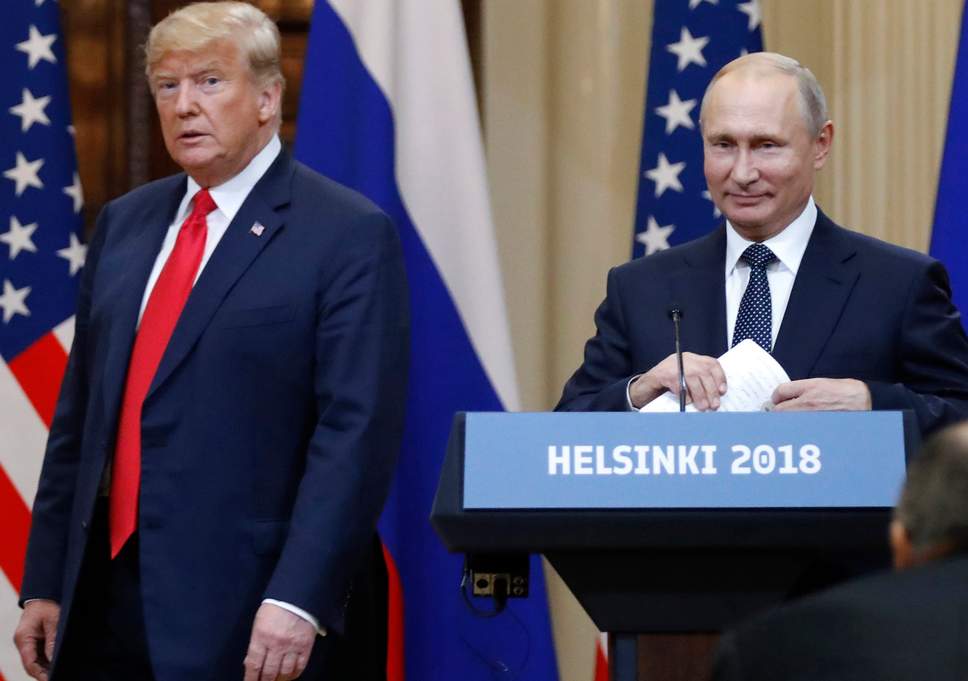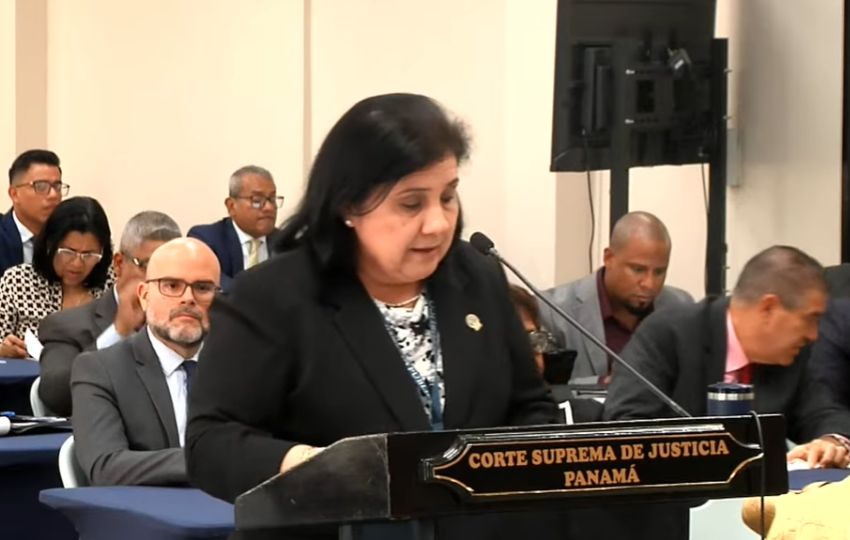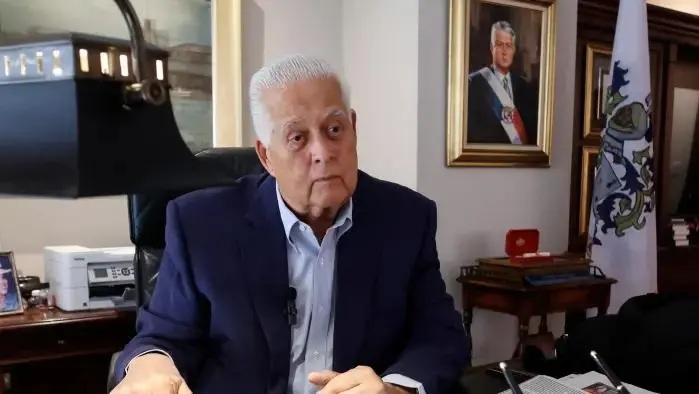VIEWPOINT: Maybe Trump is right in defending Putin

By Jonathan Power
I don’t think I’ve ever witnessed in all my years of journalism such an hysterical outpouring against a presidential statement as I’ve seen the last week. President Donald Trump has even been accused of treason by prominent columnists and politicians. There’s barely a voice of dissent in the media. (Maybe it’s written but not published.)
No wonder that even some of my normally open-minded friends feel that things are as bad as they are made out to be. Sorry to say it, as I’ve told them, they are being brainwashed.
The issue is Trump’s dishing of his intelligence services during his press conference with President Vladimir Putin in Helsinki. He denied their conviction that Russia had meddled in the election that brought Trump to power.
In standing by Putin’s denial on this he speared the sacred heart of the American foreign policy establishment. Only Republican voters stood upright beside him- the same ones who Trump boasted would still support him even if he shot someone on Fifth Avenue as they walked along.
I don’t know who is right about this. I’m a Trump opponent too. But I want the truth revealed. Maybe Trump is right, maybe the critics are. But I’m waiting for the special counsel, Robert Mueller, charged with investigating the election and the allegations swirling in its aftermath, to present his full report. Before reading a word of it I lean towards believing it. Why?
When Richard Nixon was president two successive Special Prosecutors did a superb job in investigating Watergate. It didn’t matter that Nixon was a paid-up Cold War warrior, he had done a grievous wrong in trying to influence in an underhand way the coming election and it had to be exposed. Facing impeachment Nixon resigned. This is why I have a good deal of faith in Mueller.
But I don’t have faith in America’s public opinion being whipped into an anti-Trump shape by overstating and misleading the public on what transpired in Helsinki without proof at hand. I prefer to wait and see until the evidence is fully sifted.
No other country has twisted and misrepresented its intelligence findings more than the US. There would have been no war against Iraq if US intelligence, with British MI6 connivance, hadn’t said that Iraq held weapons of mass destruction when they knew it hadn’t. This time we need to be allowed to read the intelligence given to the president for ourselves. That’s what the media should be digging for. But will they? So many of its most influential members supported going to war against Iraq.
It’s unlikely, given their display of wrath last week, they will do any better this time around.
Today it’s an accepted fact that US and British intelligence connived to misrepresent the state of Iraq’s military power in order to justify going to war. They said Iraq had weapons of mass destruction when it didn’t. Many of the big voices in the media supported going to war.
People who live in glass houses shouldn’t throw stones. The New York Times in February interviewed Steven Hall who had been the chief of Russian operations at the CIA. “Did the Russians break the rules, the answer is no, not at all”. The US “absolutely” has carried out such election influence operations historically, Hall said, “and I hope we keep doing it”.
In the 1950s the US-engineered coups against democratically elected regimes in Iran and Guatemala. It connived in the murder of Patrice Lumumba in the Congo in 1961 and Salvador Allende in Chile in 1973, both democratically elected. The CIA supported brutal anti-communist governments in Latin America, Asia, and Africa.
More recently, the US successfully funded opposition in the election which aided the successful effort to depose Slobodan Milosevic, the war-minded leader of Serbia. The retired secretary of defense, Robert Gates, has written in his memoirs about “our clumsy and failed putsch” in Afghanistan.
Not least, and most relevantly, President Bill Clinton, fearing that Boris Yeltsin would be defeated in Russia’s election, authorized a secret effort to help him.
Hall has his reasons for interference and meddling in elections. He says, in effect, the US is on the side of the angels, doing good by working against authoritarian and dictatorial regimes, while Russia’s activities are aimed against Western democracies. “The motivations matters.”
How can he say that when America is riddled by ballot cheating- during the Kennedy/Nixon election, during the Bush/Gore election and the widespread gerrymandering today. Moreover, when one considers the large amounts of cash swilling around elections in order to get favored candidates elected it’s difficult to accept that the US is an honest democracy.
Russian interference in a US election, even if proved, is a minor influence compared with these.
Let’s have a level playing field when we debate the rights and wrongs of outside intervention.
For 17 years Jonathan Power was a foreign affairs columnist for the International Herald Tribune.





